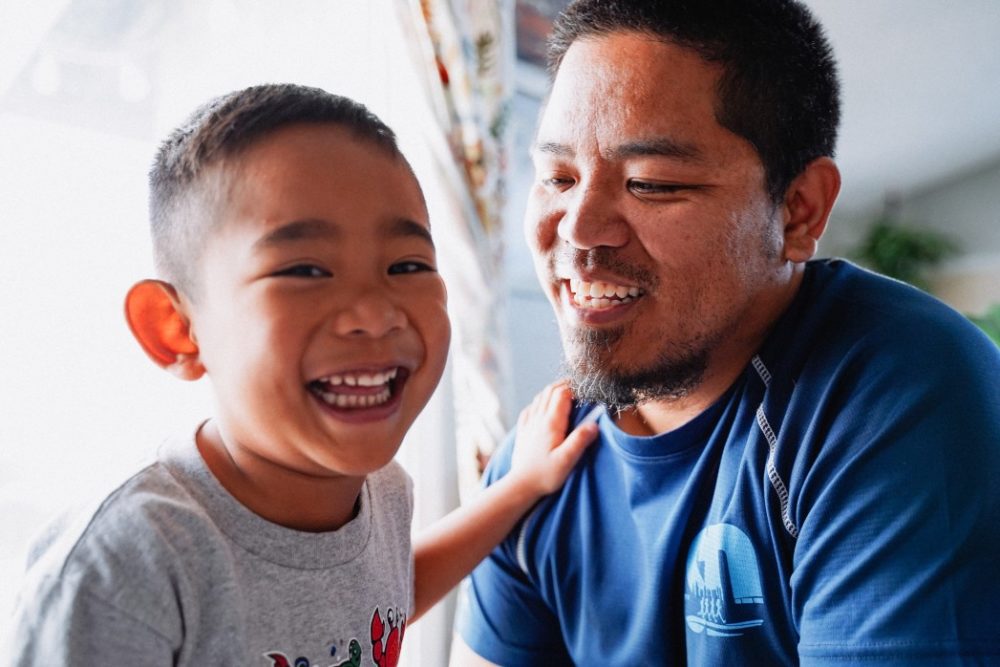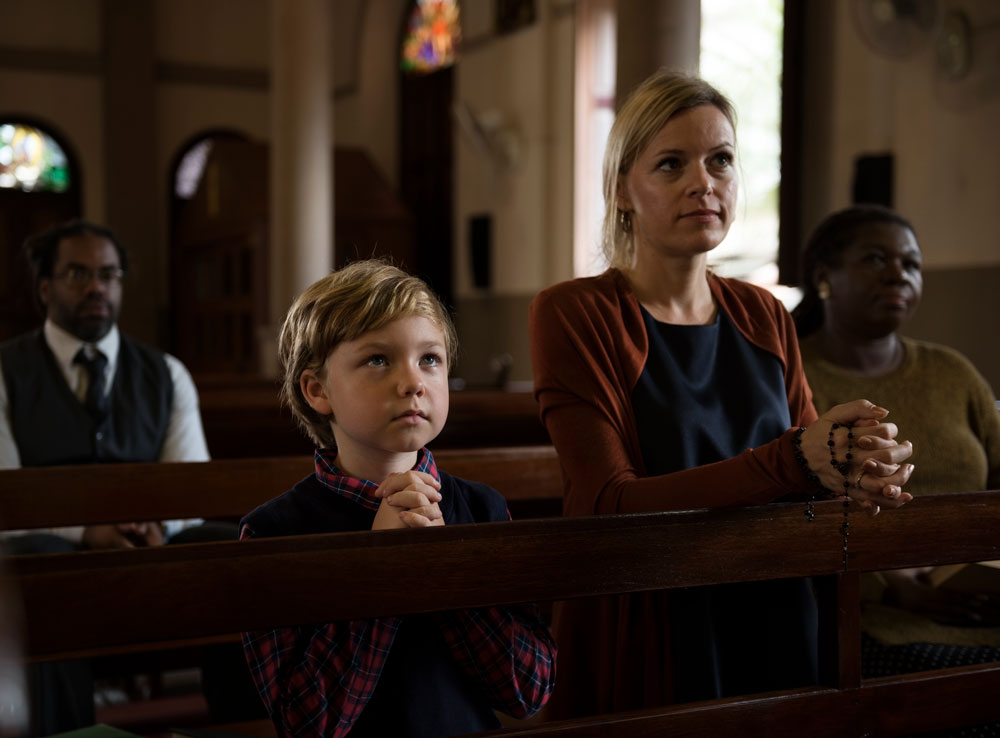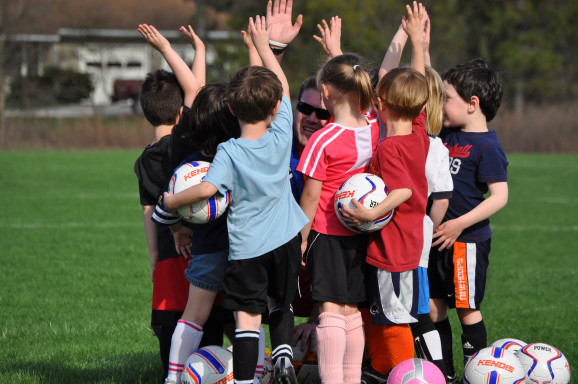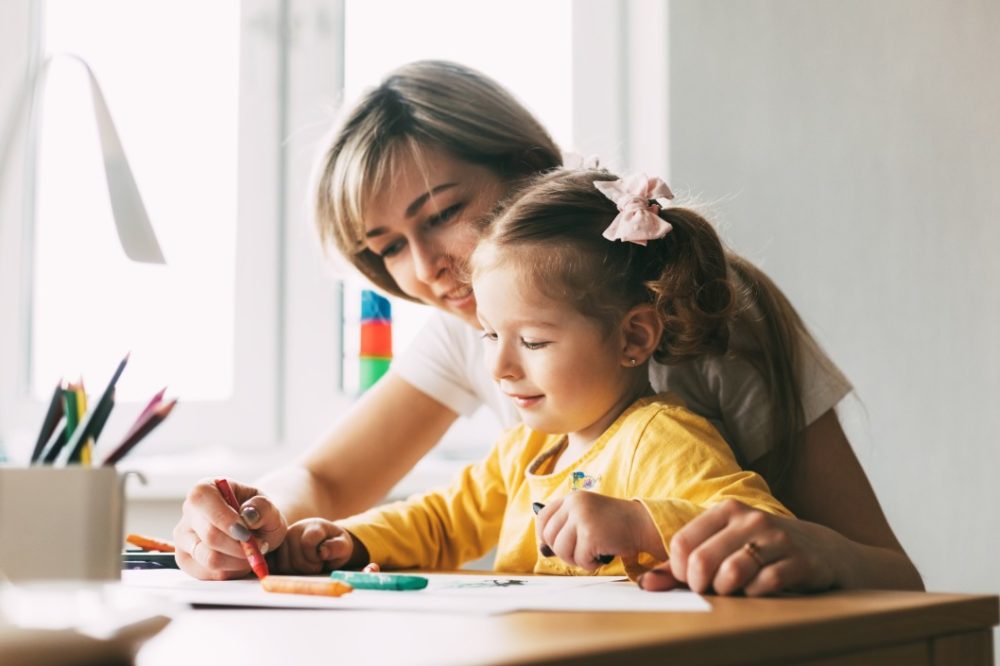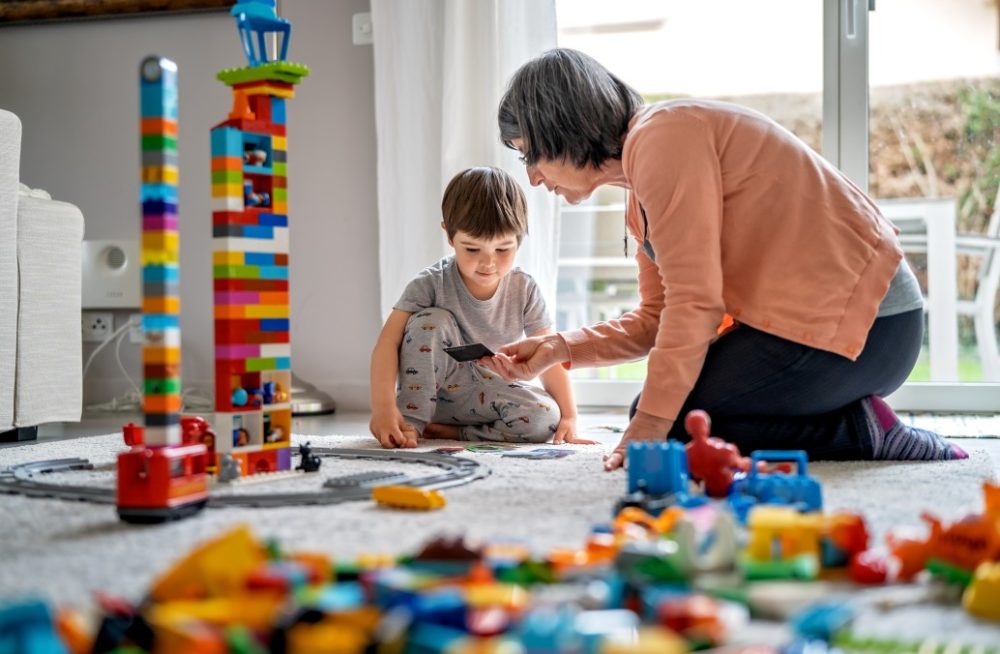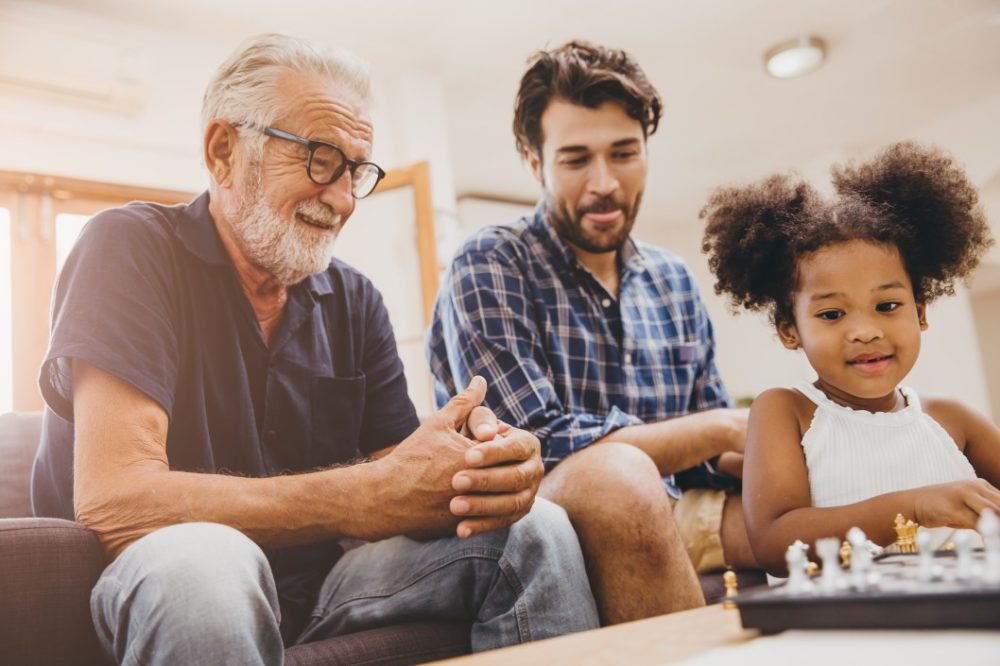Constructive Use of Time
More Topics
Social Competence
Asset 14: Adult Role Models Asset 2: Positive Family Communication Asset 20: Time at Home
Around Thanksgiving, many of us turn our minds to what we are grateful for, and for parents and caregivers, that often leads us to ask a few questions.
Asset 20: Time at Home
Research shows spending quality time together as a family helps young people strengthen skills such as leadership, good health, and success in school.
Asset 19: Religious Community
Young people who spend at least one hour a week involved in activities within a faith-based organization are more likely to: provide service to others, enjoy youth programs, follow and provide positive peer influence, and exercise restraint when it comes to risky behaviors.
Asset 18: Youth Programs
Research shows that young people who regularly spend time in sports, clubs, or other youth programs have higher self-esteem and better leadership skills, and are less likely to feel lonely.
Asset 17: Creative Activities
Being creative—singing, playing the piano, drawing, or acting—can be fun, and helps young people improve basic and advanced thinking skills.
Asset 17: Creative Activities Asset 18: Youth Programs Asset 19: Religious Community Asset 20: Time at Home Constructive Use of Time
Research shows that young people are more likely to grow up healthy when they have opportunities to learn new skills and interests through both structured and unstructured activities.
Boundaries and Expectations Constructive Use of Time Empowerment Support
Young people depend on caring adults to provide the external assets that lead to a positive environment.
Boundaries and Expectations Commitment to Learning Constructive Use of Time Empowerment Positive Identity Positive Values Social Competence Support
The secret to helping children and youth grow into happy, healthy, and responsible adults isn’t really a secret at all. Research from Search Institute identifies 40 Developmental Assets that have a powerful, positive impact on young people.

